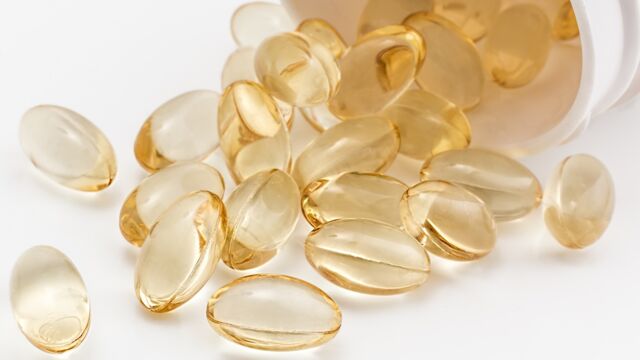Are scientists on the verge of developing the immortality potion? This is suggested by a new study by Dr. Jan Gruber, who has developed a revolutionary experimental drug.
Discover our latest podcast
Tested on laboratory worms, it would has shown results that are hard to believe: the drug extended their life while keeping them in good health for longer.
Their recipe remains a secret: it is a cocktail of three already existing drugs, including an immunosuppressant called rapamycin or Sirolimus. This treatment is prescribed to people who have had a transplant to prevent the immune system from rejecting the new organ. In the worm, this experimental cocktail showed no negative effect. Moreover, regardless of the age of the worm at the time of treatment, it always ended up gaining a few extra years and staying healthy longer.
Live better and longer = cost less
This is, in fact, the most important thing according to the researchers, in order to eventually use this drug to fight against human ageing: rather than just lengthening someone’s life, the goal is to prolong the years spent in good health. Indeed, what's the point of living longer if it's to live with illnesses? ‘We would be very lucky to live a longer life, but even more so to spend those extra years without age-related diseases,’ says Dr. Jan Gruber. ‘I'm thinking, for example, of arthritis and cardiovascular diseases, but also of cancer or Alzheimer's disease’.
An almost transhumanist goal, which also hides an economic aim: ‘the treatment of these diseases is very expensive’, continues the scientist, ‘thus the benefits tied to a longer life in good health would be considerable’. To justify this, the researcher cites a study in 2017 that estimated that if the ageing rate of Americans decreased by 20%, the United States would save £5.5 trillion in public health alone over the next 50 years.
‘Many countries around the world are facing the challenges of ageing populations, and if we can find a way to extend life expectancy and delay ageing, we can counter the negative effects of an ageing population,’ says Dr. Gruber.
Clinical trials on humans soon?
Although this experimental drug has only been tested on animals, for the time being, it remains promising. Indeed, the species that was used for this study is called Caenorhabditis elegans, a small transparent and non-parasitic worm frequently used in biology for the study, among others, of apoptosis (programmed death of certain cells), embryonic development and ageing. But the treatment was also tested on Drosophila melanogaster, commonly known as the fruit fly.
Here too, researchers have noted a significant increase in life expectancy which is very encouraging: according to scientists, the fact that two totally different evolutionary organisms react the same way to this experiment, suggests that the biological mechanism that regulates the effects of this experimental drug is very old on the family genealogy tree. This greatly increases the chances that this treatment has the same effects on humans.
According to Dr. Gruber, this study shows above all that, in the fight against ageing, the pharmaceutical path is the right one. The next major steps in their study: to determine the molecular and biological mechanisms that make this drug work, to develop a computer model that would test other drug combinations with the same encouraging effects, and finally to concoct a drug that is safe enough to slow down human ageing.















